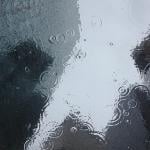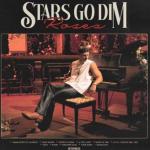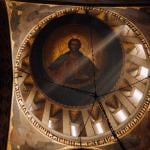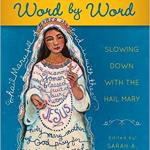There are basically two approaches to stuff like this:
Charlotte, NC – October 19, 2009 – After a week of hearing ghostly noises, a man is visited in his home by the spirit of his dead mother, who reproaches him for his sinful life and then vanishes. A Lutheran minister receives repeated visitations from “demons” who come to him seeking prayer, consolation and refuge in his little church. A dead priest appears to his confreres to quell their doubts about the afterlife and on an altar cloth leaves an indelible burned-in hand print as a reminder of his visit.
These stories and many others are revealed in Hungry Souls: Supernatural Visits, Messages, and Warnings from Purgatory, the newest title from TAN Books. In it, author Gerard van den Aardweg examines dozens of trustworthy, Church-verified accounts of earthly visitations from the dead in purgatory, as well as the stunning pieces of physical evidence – some preserved to this day – that accompanied many of them.
“There is such a thing as ‘Catholic parapsychology,'” says van den Aardweg. “The simplest and most logical explanations for spirit phenomena are to be found in Catholic teaching on heaven, hell, purgatory and judgment after death. I wrote this book to bring people’s attention to the concrete, visible, witness-corroborated evidence for the existence of purgatory in order to strengthen belief in it and to revivify devotion to the Holy Souls.”
More than just a collection of “Catholic ghost stories,” Hungry Souls discerns important truths about the afterlife, God’s mercy and, ultimately, the urgent necessity to pray and perform suffrages for the souls in purgatory, who are hungry for our love and aid.
One is the approach of the so-called rationalist, who simply rejects it all because it doesn’t fit into his philosophical system. This is called, in our culture, “the open-minded pursuit of truth wherever the facts may lead” and is the great stick with which to beat ignorant obscurantist theists who fear science and inquiry.
The other approach is that of the Catholic who says, “There are more things in heaven and earth than are dreamt of in your philosophy” and who, accordingly, admit the possibility that there may be something in such stories. He does not instantly credit them as true, but is open to investigation and, if the facts point to the reality of such tales, to accepting them as factual. This is called “superstitious fear of science”. This is how we know Christians are fools whose best days are behind them and atheistic materialists are the wave of the future and Where History is Going.















